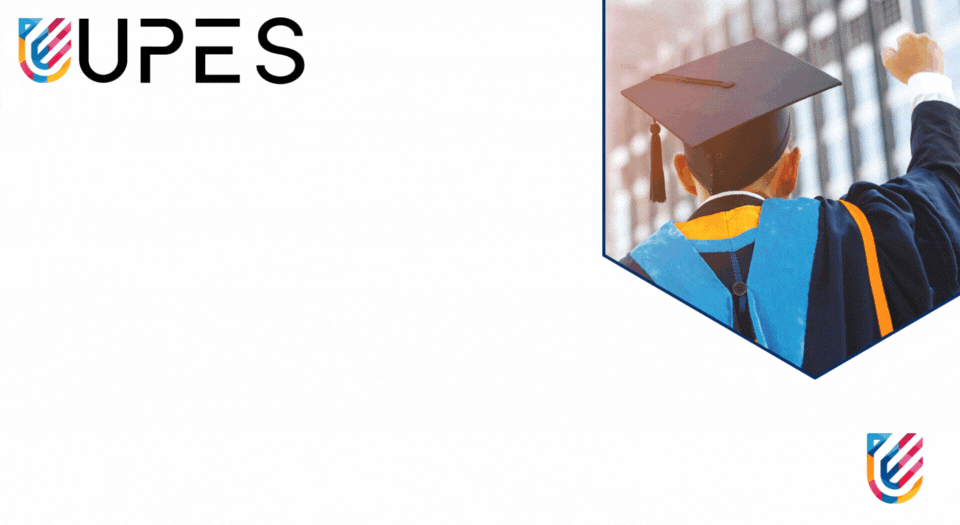Jamia Millia Islamia Plans to Offer Dual Degrees, Online Learning, FYUP from Next Session

Jamia Millia Islamia
In accordance with the National Education Policy (NEP) 2020, Jamia Millia Islamia (JMI) has proposed a number of new innovations for the upcoming academic session, including opportunities to pursue dual degrees, online learning, and four-year undergraduate programmes. In a meeting last week, the Academic Council (AC) of Jamia Millia Islamia covered the introductions. The Common University Entrance Exam (CUET implementation)’s in the undergraduate and graduate programmes was one of many issues the council discussed throughout its deliberations. The issue will be brought up at the upcoming meeting of the Executive Council, the top varsity decision-making body.
The NEP’s many components are being adopted by the university, according to JMI Vice Chancellor Najma Akhtar, who spoke to PTI. “We have made an effort to include the National Education Policy. We are moving towards adopting a number of NEP components.” The NEP, which the government approved in August 2020, replaced the National Policy on Education, which had been in place for 34 years and had been drafted in 1986. Its goal is to pave the way for “transformational reforms” in the school and higher education systems so that India can become a “global knowledge superpower.” “The UGC guidelines for multiple entry and exit options in academic programmes offered in higher education institutions as well as the implementation of the layout of restructured four-year undergraduate programmes were adopted by the members of the Academic Council at a recently held meeting, according to Akhtar.
From the forthcoming academic session, Jamia is likely to offer four-year undergraduate programmes (FYUP) with a variety of exit and admission possibilities. In a recently conducted AC meeting, the program’s organisational structure was approved. According to them, the issue will now be brought up at the next meeting of the Executive Council, the university’s highest decision-making body. According to the meeting minutes obtained by PTI, the AC also decided that students will be able to pursue two degrees at JMI beginning with the upcoming academic year, given that one of the courses is a regular and self-financing programme in physical mode and the second is a distance learning programme. This decision is in accordance with the UGC guideline.
“If a student complies with the attendance and other course criteria in the regular/online course of JMI, he or she may pursue two academic programmes at once, one in full-time physical mode and another in online mode. The two programmes’ schedules shouldn’t conflict,” the minutes stated. In the case of professional courses, it was decided that the regulatory authorities in charge of these courses’ regulation shall have the last say.
A university-level committee made up of specialists from the Center for Distant and Online Education (CDOE) and other departments that operate in the traditional mode of the institution may be established to debate the implementation of the dual degree programmes. The CDOE may create an examination timetable that takes into consideration the examination calendar for the University’s regular programmes in order to prevent exam dates from clashing.
According to the minutes, the Academic Council decided that the University would adopt “The University Grants Commission (Credit Framework for Online Learning Courses through Study Webs of Active Learning for Young Aspiring Minds) Regulations, 2021.”
“The Board of Studies and Faculty Committees of the relevant Departments and Faculties will shortlist the SWAYAM courses that have major relevance to the courses being provided in the University, the House decided after additional debate of the issue, according to the minutes. The House also agreed that only 20% of the total courses provided through the SWAYAM platform in a semester would be eligible for credit transfers, according to the statement.
The UGC Guidelines for Multiple Entrance and Exit in Academic Courses Offered in Higher Education Institutions were approved by the council.” To “ensure timely admissions” for the upcoming academic year, the university will continue to use its own entrance exams and has no intentions to adopt the CUET for admission across all of its undergraduate and postgraduate degrees.
The University Grants Commission introduced the CUET last year for graduate and postgraduate course admission (UGC). However, not all of the JMI’s undergraduate and graduate programmes adopted the CUET. The institution chose CUET for its 10 undergraduate programmes last year. The amount is probably going to go up this year. Picture solely for illustrative purposes.
















